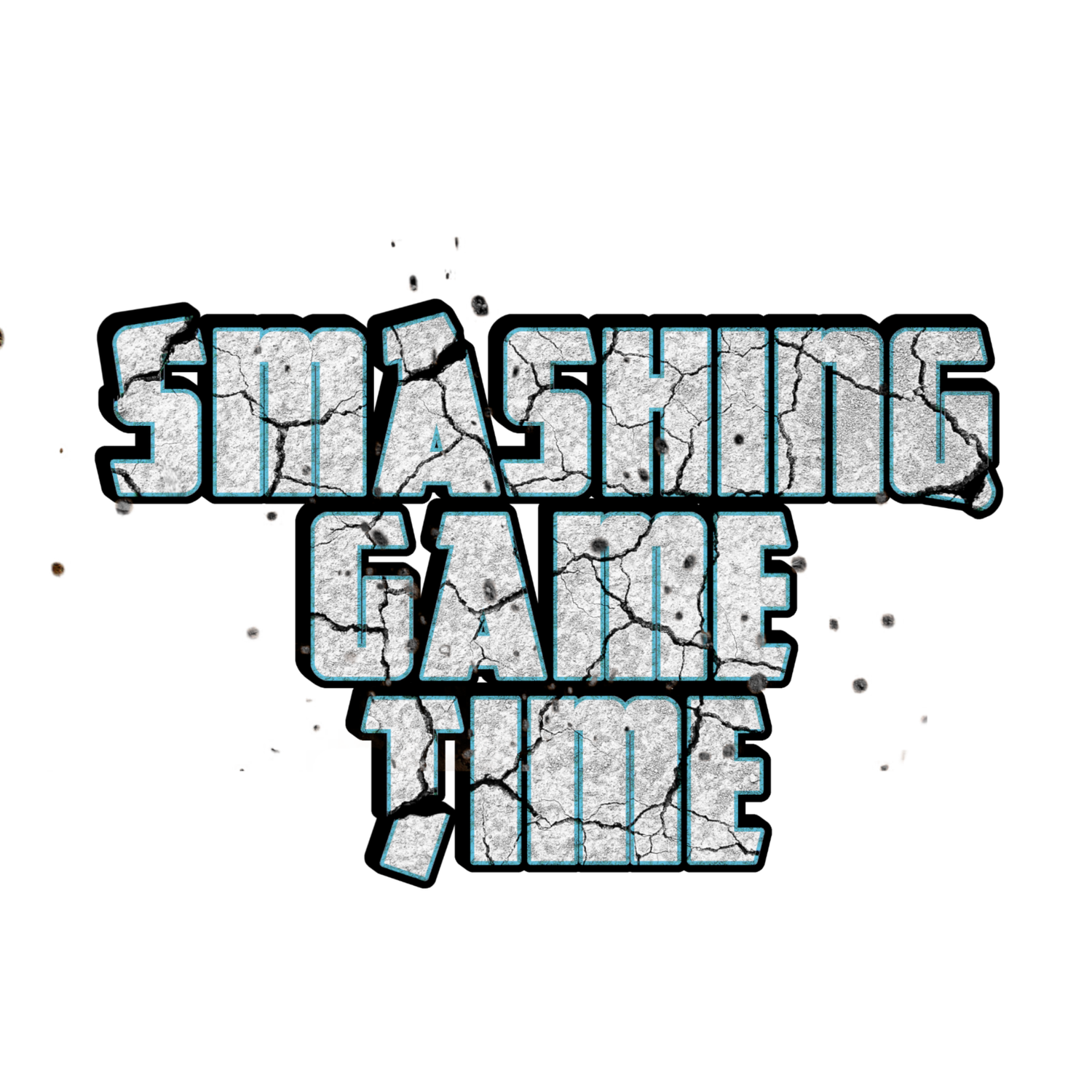The Dying Art of Physical Media in Gaming: Why It Matters More Than Ever
In an era increasingly dominated by digital downloads and cloud-based streaming services, physical media in gaming is rapidly becoming a relic of the past. Gone are the days when picking up a game meant browsing store shelves, holding a new disc or cartridge, and perhaps admiring a manual brimming with artwork and game lore. Now, the ease of downloading games directly to consoles or PCs has contributed to a slow but steady decline in physical media. However, the preservation of physical media in gaming is more important than ever, and here’s why it should matter to all of us. Physical media provides a tangible snapshot of gaming history. For instance, early gaming cartridges and discs are markers of technological and creative evolution, documenting how the industry has shifted from pixelated graphics to photorealistic visuals and from linear storytelling to expansive, open-world exploration. Physical copies are essential for archivists, collectors, and gaming historians because they offer unaltered versions of games and their original packaging, which are otherwise lost in digital formats that can be updated or removed at will.
As games increasingly move to digital-only formats, the loss of physical media risks erasing parts of gaming history. If a developer decides to pull a game from an online store, or if the server hosting it is decommissioned, that piece of gaming history might vanish entirely unless there’s a physical version. With physical copies, gaming history can be preserved, remembered, and celebrated for generations to come. One of the major issues with digital media is the murky area surrounding ownership. When players purchase a physical game, they acquire something tangible they own. They can lend it to friends, sell it, or keep it as part of a personal collection. With digital downloads, consumers don’t own the game itself; instead, they have purchased a license to play the game. This license can be restricted or revoked under certain circumstances, leaving consumers with little control over the games they “own.”
Moreover, digital games are subject to the whims of digital platforms. Games that are "delisted" from online stores are no longer available for purchase, and sometimes, even players who’ve bought the game can lose access. Physical media allows players to have a backup and maintain control over their gaming library, protecting them from the limitations of digital rights management (DRM) policies and the whims of corporate decisions. Digital platforms may promise convenience, but they come with some caveats. Servers can go down, games can be pulled, and services may cease to exist entirely. Physical games, on the other hand, provide reliability and accessibility. If you own a disc, you don’t need to worry about internet connection issues, server outages, or a publisher pulling a title. For areas with poor internet access or high data costs, physical games are often the only feasible option. In many parts of the world, downloading a 100GB game is impractical, if possible. Physical copies offer these players a way to enjoy games without requiring high-speed internet access. With physical media, gamers are not at the mercy of external factors that affect their access to games.
For many gamers, owning physical copies is more than just a means to play; it’s a hobby. The thrill of unboxing a new game, flipping through the manual, admiring the artwork, and adding it to a collection on display is an experience that digital downloads simply can’t replicate. Collecting games is a hobby that reflects a player’s passion for the medium, and without physical copies, this experience would be all but lost. Special and limited editions of physical games often come with additional items such as art books, figurines, and soundtracks. These tangible collectibles add to the appeal of owning a game and give players a sense of pride in their collection. In a digital-only world, the joy of building a personal gaming library becomes something that exists only on the screen, depriving collectors of an experience that can’t be replicated digitally.
One of the arguments in favor of digital media is that it reduces the need for plastic cases and discs, which can harm the environment. However, the environmental impact of digital gaming is far from negligible. Running data centers for game downloads and streaming generates a substantial amount of CO₂ emissions, and maintaining high-performance servers to meet gaming demands requires significant energy resources. Moreover, with the rise in the size of games, data transmission rates are higher than ever, leading to increased energy consumption. Additionally, hardware cycles mean that certain games may eventually become unplayable as old hardware becomes obsolete and emulators fail to keep up.
As digital gaming grows, we’re seeing an increase in aggressive monetization strategies, from in-game ads to microtransactions and pay-to-play models. The rise of always-online games, cloud gaming, and subscription services further threatens the industry’s balance. Physical media, in contrast, represents a complete, unchanging product—a game in its entirety that can be enjoyed without the constant influence of add-ons, downloads, and updates designed to extract more revenue.
In the face of this ongoing transition to digital-only experiences, physical media offers not just nostalgia but practical benefits that protect consumer rights, support preservation, and counteract some of the gaming industry’s most concerning trends. We must recognize the value of physical media and advocate for its preservation—not only to keep gaming accessible, historical, and tangible but also to ensure that the spirit of gaming remains with the people who love it most. With physical copies, gaming’s legacy is kept alive, enriching the lives of current and future generations alike. After all, in the rapidly evolving digital world, having something tangible to hold onto has never been more meaningful.


